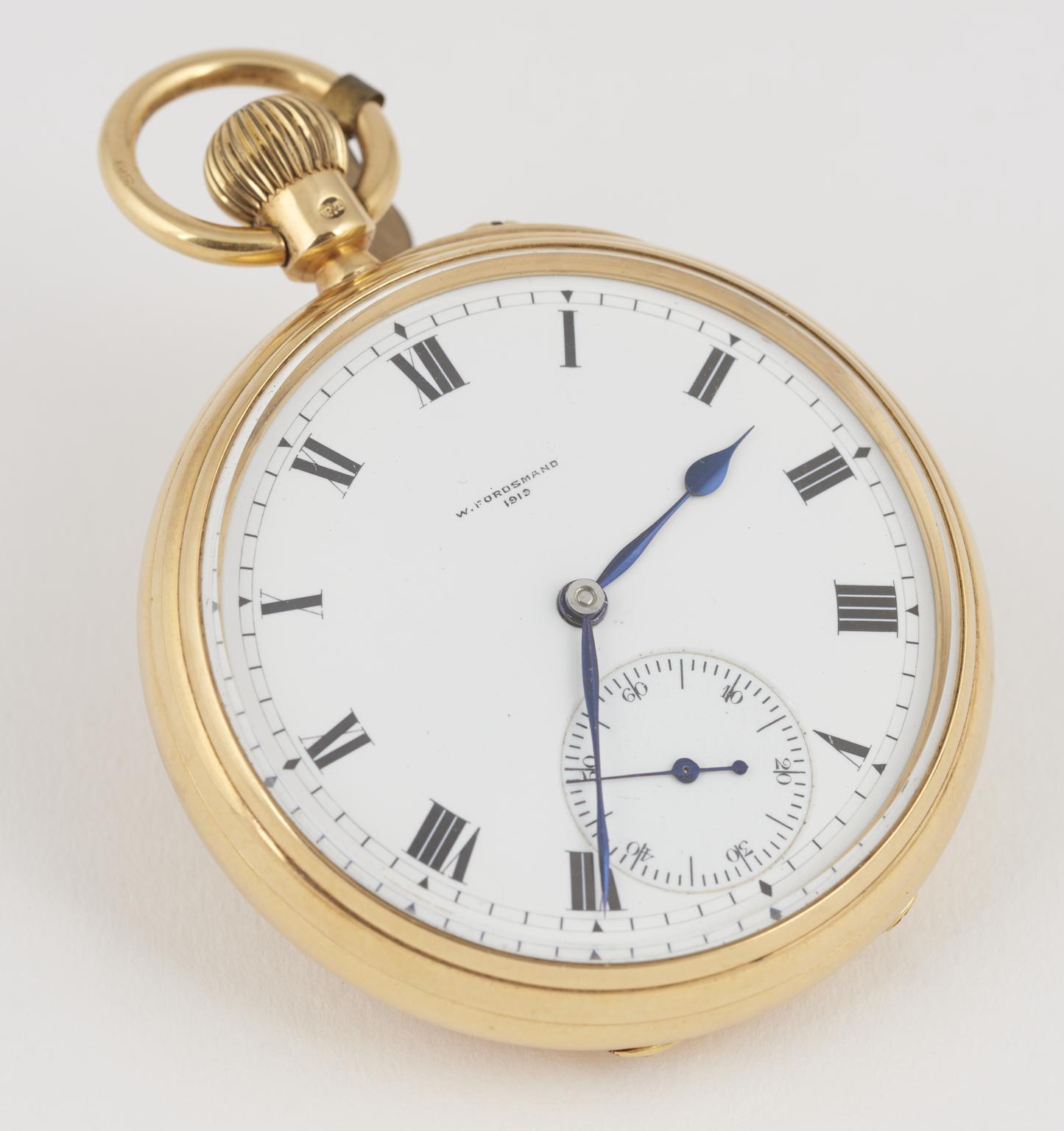handmade watch movements: exploring mechanical and quartz mechanisms
Watches are not only functional timepieces, but also stylish accessories that can make a fashion statement. Behind the beauty and elegance of a watch lies the intricate mechanism that powers its hands and keeps accurate time. In this article, we will explore the different types of watch movements, specifically focusing on the quartz and mechanical mechanisms. Understanding these mechanisms will help you make an informed decision when purchasing your next watch.
What are the different types of watch movements?
When shopping for a watch, you may come across terms like quartz movement, mechanical movement, and automatic movement. These terms refer to the type of mechanism that powers the watch. Let’s take a closer look at each of these movements.
Quartz Movement
A quartz movement relies on the piezoelectric properties of quartz crystal to keep time. The watch movement is powered by a battery, which sends electrical pulses through the crystal. These pulses cause the crystal to vibrate at a precise frequency, which is then converted into accurate timekeeping.
Mechanical Movement
On the other hand, a mechanical movement uses intricate gears, springs, and levers to power the watch. The movement is typically wound either manually or automatically using a rotor. As the mainspring unwinds, it releases stored energy that moves the gears and powers the watch. Mechanical movements require regular winding to keep the watch running.
Automatic Movement
An automatic movement is a type of mechanical movement that has a self-winding mechanism. The movement includes a rotor that spins when the watch is in motion, which winds the mainspring. This eliminates the need for manual winding and ensures that the watch is powered as long as it is worn on the wearer’s wrist.
How does a quartz watch movement work?
The Role of Quartz Crystal
A quartz watch movement relies on the piezoelectric properties of a quartz crystal. When an electrical current is applied to the crystal, it vibrates at a precise frequency. This vibration is then converted into regular and accurate timekeeping.
Powering the Watch
A quartz watch movement is powered by a battery. The battery sends electrical pulses through the crystal, causing it to vibrate. These vibrations are then transmitted to the gears, which move the watch hands and keep time.
Advantages of Quartz Watches
Quartz watches offer several advantages over mechanical watches. Firstly, they are more accurate and precise in timekeeping. Quartz movements are also less susceptible to external factors such as temperature and gravity, which can affect the accuracy of mechanical watches. Additionally, quartz watches require minimal maintenance and battery replacements are usually infrequent.
What makes a mechanical watch movement special?
The intricate mechanics of a mechanical watch
The allure of mechanical watches lies in their intricate mechanics. The movement consists of hundreds of tiny parts working together in harmony to power the watch. This craftsmanship and attention to detail are what make mechanical watches highly desirable among watch enthusiasts.
Different Types of Mechanical Watches
There are different types of mechanical watches available in the market. Some popular ones include manual-winding watches, which require daily winding by the wearer, and automatic watches, which self-wind when worn on the wrist. Mechanical watches often include other complications such as chronographs, which add additional functionality to the timepiece.
The Appeal of Mechanical Watches for Watch Enthusiasts
Watch enthusiasts are drawn to mechanical watches not only for their precision and craftsmanship but also for the sense of tradition they embody. Mechanical watches have a long and rich history in the watch industry and are often associated with luxury watch brands and high-end watch manufacturers.
What are the differences between quartz and mechanical watch movements?
Precision and Accuracy
Quartz watches are known for their superior precision and accuracy. They typically have a margin of error of just a few seconds per month. Mechanical watches, on the other hand, are generally less accurate and can have a margin of error of several seconds per day.
Power Source
One of the key differences between quartz and mechanical movements is the power source. Quartz watches are powered by batteries, which need to be replaced periodically. Mechanical watches, on the other hand, are powered by the energy stored in the mainspring, which is wound either manually or automatically.
Watch Maintenance and Service
Mechanical watches require regular maintenance to ensure optimal performance. They need to be serviced every few years to clean, oil, and adjust the movement. Quartz watches, on the other hand, require minimal maintenance and usually only need a battery replacement when it runs out of power.
Do handmade watch movements offer any advantages?
The Craftsmanship of Handmade Watch Movements
Handmade watch movements are considered the pinnacle of watchmaking craftsmanship. Each movement is carefully assembled and finished by skilled watchmakers, ensuring exceptional quality and precision. The attention to detail and the level of customization that handmade movements offer make them highly sought after by watch collectors and enthusiasts.
Exclusivity and Unique Design
Handmade watch movements are often found in luxury watches that are produced in limited quantities. This exclusivity adds to their desirability and makes them more unique compared to mass-produced movements. Additionally, handmade movements allow for more creative and intricate designs, giving watches a distinct and individual character.
Appreciation and Value
Handmade watch movements are highly valued by watch enthusiasts and collectors for their craftsmanship and rarity. Watches with handmade movements often appreciate in value over time and can become prized possessions. Their limited availability and the skill required to create them contribute to their enduring appeal in the watch market.
Understanding the different types of watch movements, from quartz to mechanical and even handmade, allows you to make an informed decision when choosing your next timepiece. Whether you prefer the precision and convenience of a quartz watch or the craftsmanship and tradition of a mechanical watch, there is a watch movement out there to suit your preferences and style.
